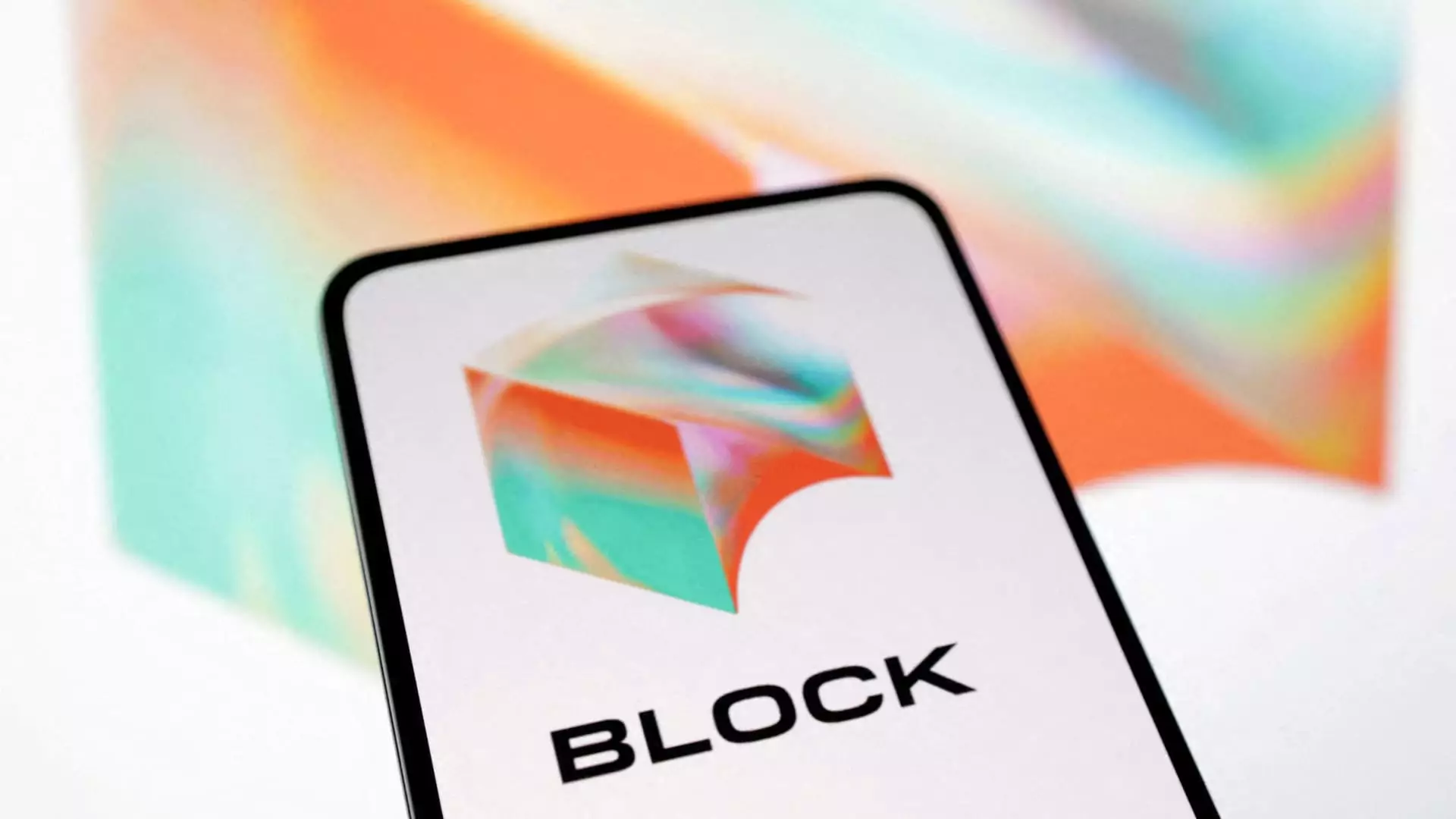Block, a leading financial technology company with roots tracing back to Square, recently disclosed its third-quarter earnings, revealing a complex interplay of results that elicited varied reactions from investors and analysts alike. Although the company fell short of Wall Street’s revenue expectations, its profitability metrics appeared to quell immediate concerns, leading to a quicker recovery in stock prices following the initial drop. This article delves into the details of Block’s financial performance, strategic initiatives, and future prospects.
Block’s financial results for the third quarter painted a nuanced picture. The company reported an adjusted earnings per share of 88 cents, slightly surpassing the expected 87 cents. However, revenue of $5.98 billion lagged behind the anticipated $6.24 billion. Financial professionals often highlight that gross profit can provide a clearer view of a company’s operational effectiveness than top-line revenue. In this regard, Block outperformed expectations with a gross profit of $2.25 billion, marking a notable 19% increase from the previous year. These figures were bolstered by net income, which rose to $283.7 million, a significant contrast to the $88.7 million loss reported in the same period last year.
The impressive gross profit growth showcases Block’s ability to enhance its operational efficiency in a somewhat unpredictable business landscape. Chief Financial Officer Amrita Ahuja emphasized this aspect during an interview, suggesting that consistent growth in earnings could outweigh revenue shortfalls in investors’ eyes.
A critical driver of Block’s revenue is its mobile payment platform, Cash App, which demonstrated robust growth by generating $1.31 billion in gross profit—a 21% year-over-year increase. The platform has not only maintained but expanded its user base, boasting more than 24 million monthly active users of its Cash App Card, a staggering 11% rise from the previous year. Despite gross payment volume falling short of estimates at $62.4 billion against the expected $64.3 billion, the upward trajectory in user engagement speaks volumes about the platform’s market positioning.
Moreover, the importance of Cash App to Block’s broader strategy is underscored by the integration of lending products aimed at enhancing user monetization. As Block looks to transform its Cash App offering, it positions itself as a comprehensive financial services provider rather than merely a payments platform.
The company’s foray into the buy now, pay later (BNPL) space, especially following its acquisition of Afterpay for $29 billion, is being closely scrutinized by analysts. CEO Jack Dorsey took the opportunity to shed light on these lending products, such as Square Loans and Cash App Borrow, during his quarterly shareholder letter. Notably, Block’s ongoing innovations, including plans to integrate Afterpay services directly into the Cash App Card, indicate a strategic pivot towards serving more comprehensive financing needs.
Furthermore, Block’s commitment to using advanced technologies such as artificial intelligence for credit underwriting demonstrates an adaptation to market demands. This focus on AI not only aims to enhance operational efficiency but also to mitigate risks involved in lending. With low loss rates across different product lines—approximately 1% for BNPL and 4% for Square Loans—this technological edge may potentially bolster investor confidence.
Amidst evolving market dynamics, Block has undertaken significant measures to streamline operations, including cost-cutting efforts that encompass reducing investments in specific business endeavors, such as Tidal and its Bitcoin-focused subsidiary, TBD. These steps reflect a pragmatic approach towards resource allocation, particularly following a period that included layoffs aimed at ensuring long-term sustainability.
Despite these challenges, Block remains committed to its vision of promoting Bitcoin accessibility through Cash App and maintaining a significant bitcoin holding on its balance sheet—around 8,300 bitcoins valued at approximately $630 million.
Block’s third-quarter earnings report reveals a company navigating through the dichotomy of immediate financial hurdles while positioning itself for future growth. By focusing on user engagement through Cash App, innovating its lending solutions, and streamlining operations, Block appears to be strategically aligning itself for competitive advantage. As analysts and investors dissect these insights, Block’s ability to balance profitability with innovation will undoubtedly influence its trajectory in the ever-evolving fintech landscape.

